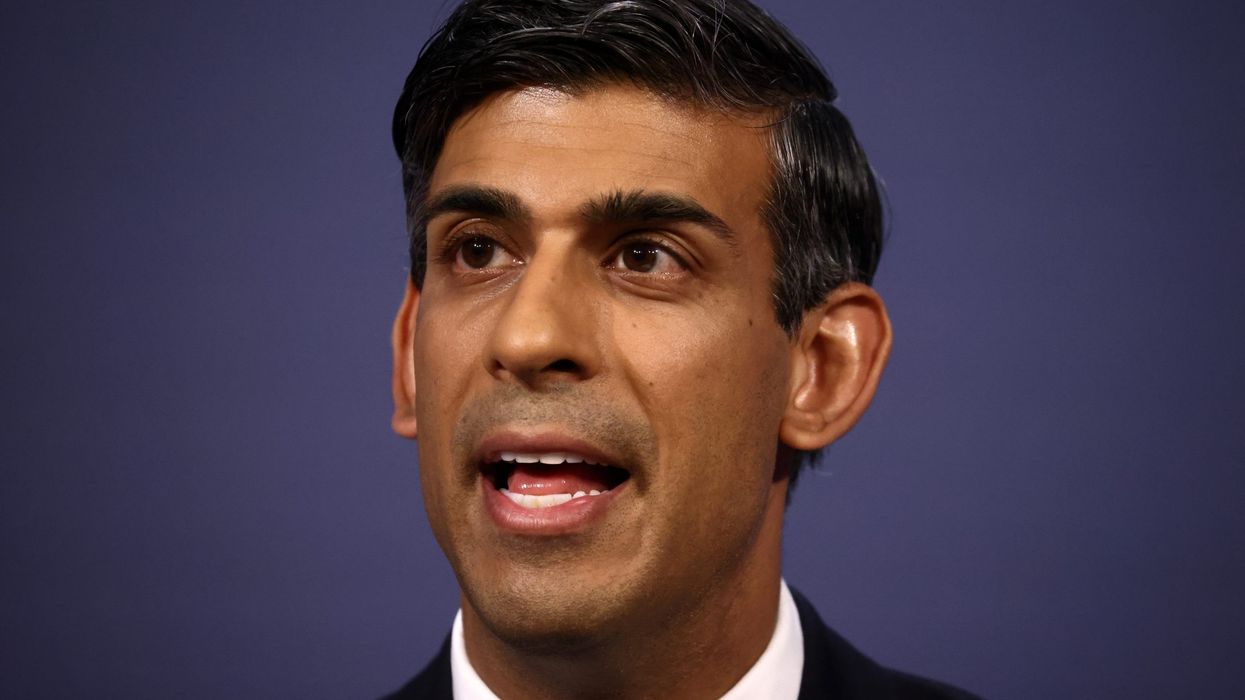PRIME minister Rishi Sunak is set to make a commitment to constructing 1 million homes before the upcoming national election.
This plan aims to address the pressing issue of inadequate housing stock, which has resulted in the disillusionment of a significant portion of younger voters. Many of these young voters face the burden of exorbitant rents and the inability to afford their own homes.
As the election approaches, the governing Conservatives, led by Sunak, have observed a decline in support from younger voters.
The frustrations stem from the escalating property prices that make homeownership unattainable for many and the added financial strain caused by expensive childcare costs.
To win back the trust and support of this demographic, Sunak intends to tackle the housing crisis head-on through the goal of building 1 million new homes.
Housing has long been a contentious area for the Conservatives, who are divided between some lawmakers in rural areas who do not want to see an increase in building and want to protect greenbelt protected land, and between those in more urban regions, who want to see more homes built quickly.
Housing minister Michael Gove will set out further measures on Monday to unblock the planning system and build homes in the "right places" where there is local consent to reach the 1 million target that was set out at the 2019 election.
Sunak said his government would concentrate on building in inner-city areas where demand was highest, including a new urban quarter in Cambridge to boost its role as a science hub.
"Today I can confirm that we will meet our manifesto commitment to build 1 million homes over this parliament. That's a beautiful new home for a million individual families in every corner of our country," Sunak said, using a term that refers to the time between the 2019 election and the next vote.
"We won't do that by concreting over the countryside - our plan is to build the right homes where there is the most need and where there is local support, in the heart of Britain’s great cities," he said in a statement.
The housing plan is the latest attempt by Sunak to reduce the opposition Labour Party's large poll lead after an unexpected victory in a so-called by-election just outside central London on Friday offered him some breathing space.
In June, British house building at the sharpest pace in more than 14 years apart from two months early in the Covid-19 pandemic, as higher borrowing costs dampened demand and weighed on the broader construction sector, a survey said this month.
Earlier this month, a parliamentary committee said the government was on track to deliver 1 million new homes, but was not forecast to deliver another promise to build 300,000 net new homes per year by the mid-2020s, largely because of uncertainty over planning policy reform.
(Reuters)




